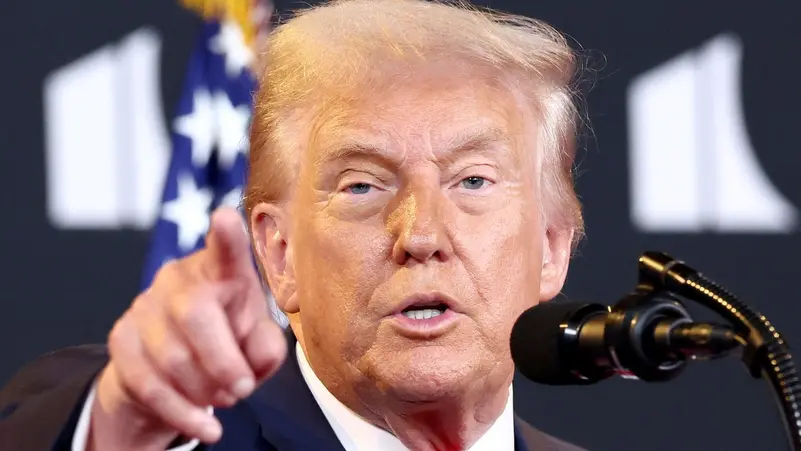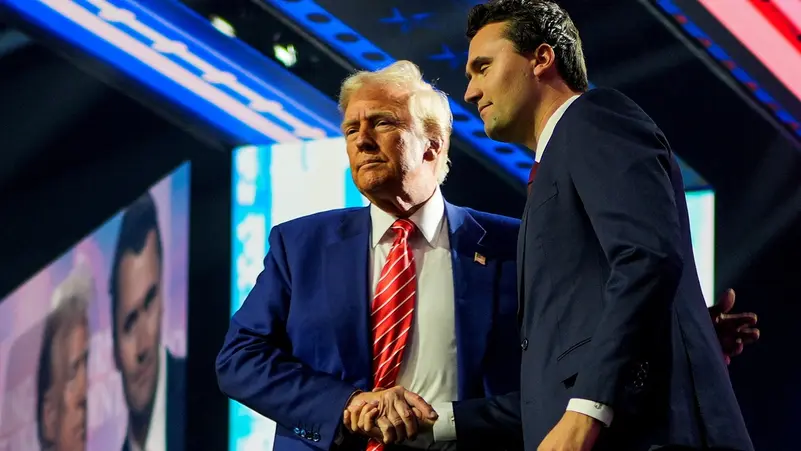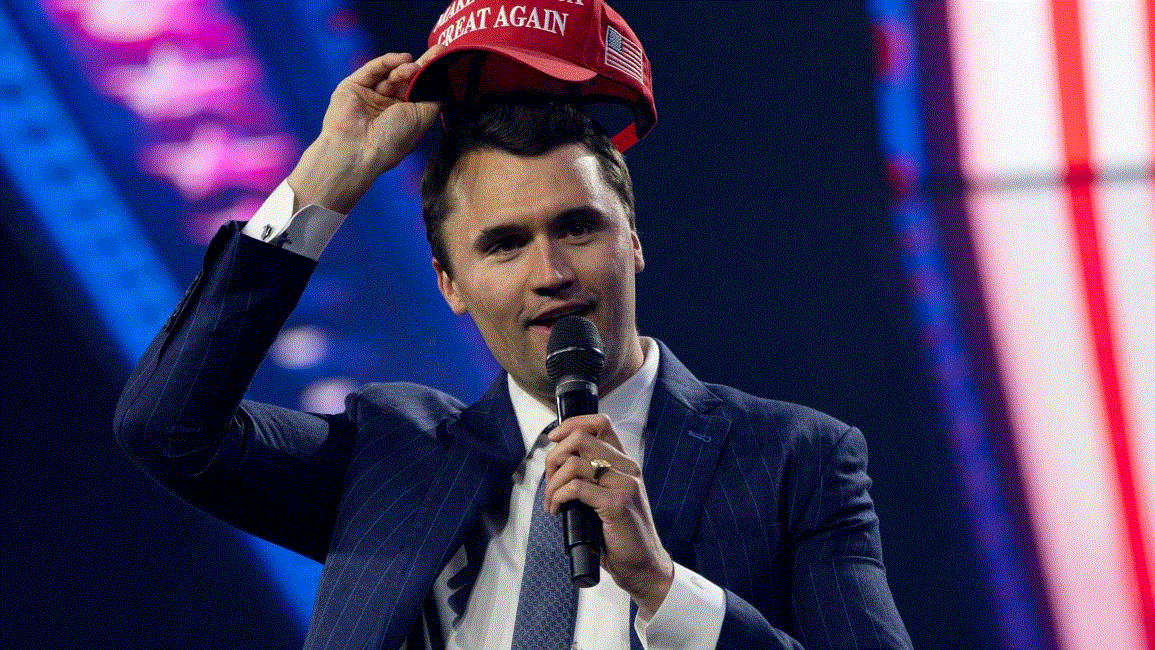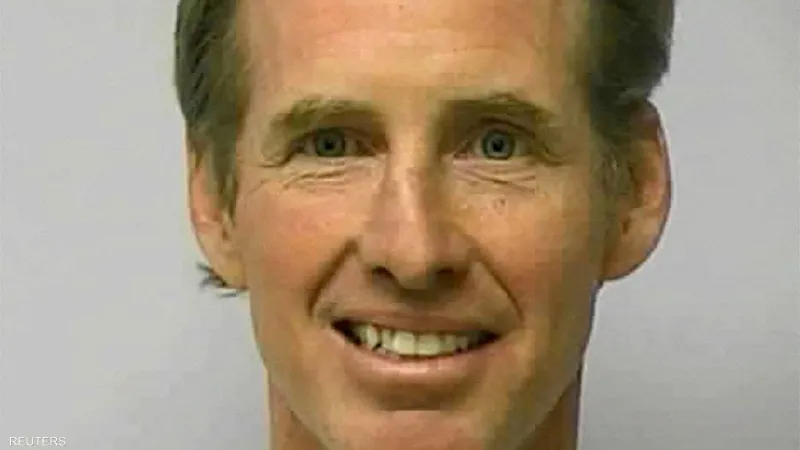Economists Warn Fed Independence at Risk Amid Trump Pressure and Political Turmoil
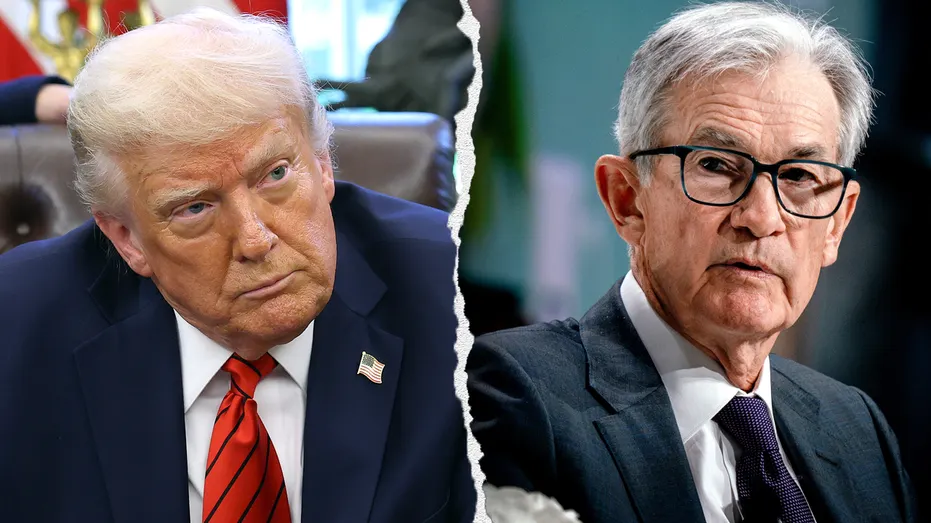
A growing chorus of economists is voicing alarm over the Federal Reserve’s independence, suggesting political interference is threatening a cornerstone of U.S. economic policy. A Reuters poll conducted between July 17–23 found that over 70% of economists see rising political pressure, particularly from Trump appointees, as undermining central bank autonomy. At the same time, most forecast no interest rate cut at the upcoming meeting. Fox News, CNN, and Bloomberg coverage emphasize the growing divide as inflation concerns persist and financial markets react.
Mounting Political Pressure on the Fed
According to Reuters, Fed governors Michelle Bowman and Chris Waller — both appointed during the Trump administration — have recently broken with the Fed’s majority view by advocating an interest rate cut as early as this week. Their stance has triggered concern among economists that the central bank may not act independently if political winds shift further.
President Donald Trump has repeatedly criticized Fed Chair Jerome Powell publicly for keeping rates high and tying inflation partly to his tariff policies. The sentiment, amplified across Fox and conservative networks, is seen as part of broader pressure on rate-setters. Reuters poll respondents, including those quoted in the coverage, warned that policy divergence among officials could signal a dangerous erosion of institutional integrity Reuters.
What the Poll Reveals
The Reuters survey included 105 leading economists. Nearly all expected that the Fed would hold interest rates steady at its July 29–30 meeting. Over half anticipate a rate cut by September, but only one or two reductions are projected through the end of 2025.
Despite slowing GDP growth — estimated at around 1.5% for 2025 versus 2.8% in 2024 — inflation is expected to remain above the Fed’s 2% target through at least 2027. Many economists cited uncertainty over trade policy, rapid expenditure growth from a new $3.4 trillion spending bill, and tariff effects as root causes of persistent price pressure Reuters.
Market Reaction and Consumer Impact
Markets reacted swiftly. As reported by Bloomberg and Reuters, volatility increased, particularly in bond yields and equity indices, as investors digested the implications of political interference and future Fed moves.
For consumers, that translates into higher costs on mortgages, auto loans, and credit. Rate-sensitive borrowers face a tightening squeeze, while savers may benefit modestly from incrementally higher yields in savings accounts and CDs.
Broader Economic Uncertainty
American households continue to feel strain. While job numbers remain resilient, many workers still grapple with stagnant wage growth, rising housing costs, and elevated food prices. According to Fox News and CNN field reports, inflation remains the top concern in consumer sentiment surveys—outpacing broader economic optimism in presidential approval polls.
Why Independence Matters
Economists stress that central bank credibility relies on perceived autonomy from political influence. A breakdown in this separation could lead to unanchored inflation expectations, volatile markets, and long-term damage to economic stability.
According to experts at Columbia University and economic think tanks, the Fed’s institutional quality underpins faith in long-term investments and borrowing decisions across sectors—from housing to business expansion to retirement planning.
Voices of Concern
Philip Marey, a senior U.S. strategist at Rabobank, was quoted in Reuters expressing concern: “I am more worried about the Fed’s independence than I was a few months ago… Governors diverging from the consensus is notable.” Other respondents shared similar warnings, stressing that sustained political pressure could weaken confidence even if immediate actions remain unchanged Reuters.
Context: 2025 Election and Regulatory Uncertainty
Political analysts note that looming trade tariff deadlines and uncertainty over regulatory policy—including the AI regulatory proposals from the Doge Department—compound uncertainty. Businesses are struggling to read signals about future operating conditions, making strategic planning difficult.
Fed Strategies Ahead
Chair Jerome Powell has reaffirmed commitment to data-driven policy decisions. However, dissent from Governors like Waller and Bowman indicates internal debate over appropriate monetary direction.
Some economists suggest the Fed may delay any rate decision beyond the next meeting to defuse political pressure, while others expect targeted cuts later in the year if inflation continues to cool. Major financial institutions remain cautious about long-term forecasts.
Political Fallout
High inflation is already reshaping political dynamics in Washington. Republicans, including prominent voices aligned with Donald Trump, blame the current administration’s spending and trade policies. Progressives argue that inflation reflects systemic inequality and global shocks, suggesting more federal intervention is needed to support working-class families.
What’s at Stake Next
-
Federal Reserve holds its policy meeting on July 29–30, where officials must decide between maintaining the current rate and responding to inflation signals.
-
Economic reports on employment, consumption, and inflation will shape public confidence and investor expectations.
-
Congressional scrutiny of the Fed’s independence may intensify if internal divergence continues.
-
Media and financial commentary across Fox, CNN, and financial outlets will influence public perception.
Conclusion
Today’s economic warning underscores a precarious moment: the Federal Reserve finds itself navigating political currents, growing inflation, and mixed growth signals—all while maintaining its independence. Economists, markets, and policymakers alike await July’s decision amid uncertainty that could define U.S. monetary policy going forward.

